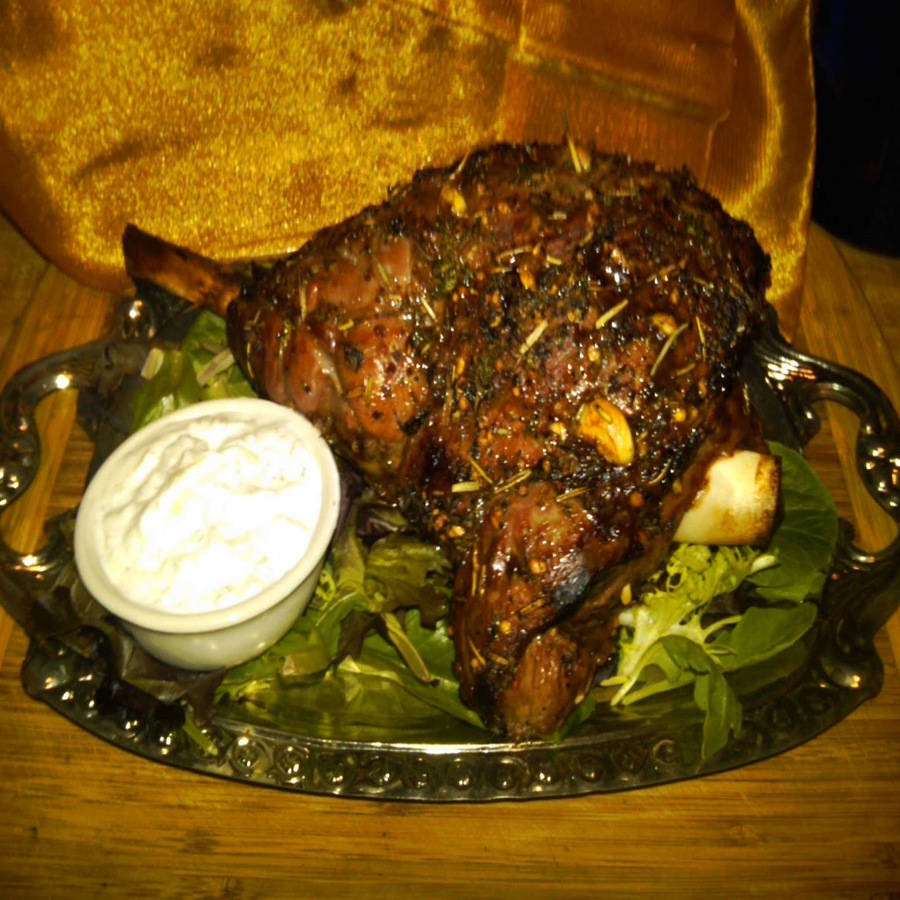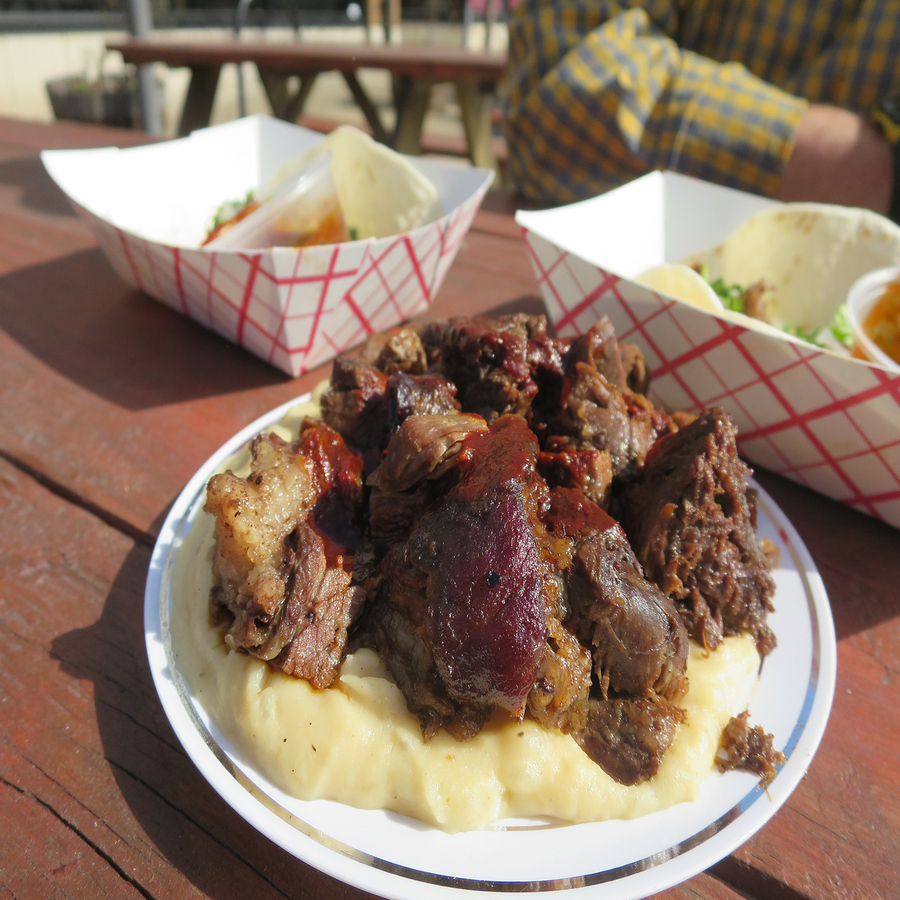The Significance of Ash Wednesday
Understanding Ash Wednesday
Can You Eat Meat on Ash Wednesday?Ash Wednesday marks the beginning of Lent, a 40-day period of fasting and reflection observed by many Christian denominations leading up to Easter Sunday. This day is characterized by the imposition of ashes on the foreheads of believers, symbolizing human mortality and repentance. The ashes, usually made by burning the palm branches from the previous year’s Palm Sunday, serve as a public expression of faith and humility.
Dietary Restrictions and Traditions
Is it bad to eat meat on ash wednesday? One of the central practices during Lent, starting on Ash Wednesday, is the abstinence from certain luxuries, including specific types of food. Traditionally, Christians have abstained from eating meat on Ash Wednesday as a form of penance and spiritual discipline. The idea behind this practice is to foster a sense of simplicity and self-discipline, factors that are believed to enhance one’s spiritual growth.

Modern Practices and Considerations
Can You Eat Meat on Ash Wednesday?
Can you eat meat on ash wednesday christianity? The straightforward answer to this question is that many Christians—specifically those from the Roman Catholic, Anglican. And some other traditions—abstain from eating meat on Ash Wednesday. This practice is rooted in the idea of abstaining from flesh meat as a form of sacrifice. Instead of meat, meals may include vegetables, grains, and fish, which are permitted.
Exceptions and Flexibility
While the tradition discourages eating meat on Ash Wednesday, there are exceptions based on age, health, and nutritional needs. Generally, very young children, the elderly, and individuals with specific health conditions are exempted from strict fasting and abstinence practices.
Moreover, the definition of “meat” varies among different Christian communities. Generally, it refers to the flesh of warm-blooded animals, while fish, eggs, and dairy products may be considered permissible. The guidelines can vary, so participants often consult their local church authorities or traditions for clarification.
Spiritual and Personal Reflections
The Purpose Behind the Practice
Abstaining from meat on Ash Wednesday and during Lent is not merely about following a rule. Christians engage in the practice of fasting during Lent as a symbolic gesture that draws them closer to their faith and serves as a reminder of the sacrifices made by Jesus Christ. The purpose of this practice is to mirror Jesus’ fasting in the desert, allowing Christians to reflect on what they can voluntarily abstain from in their own lives as a sign of devotion.

Personal Reflections and Modern Adaptations
In contemporary society, some may find the tradition of not eating meat challenging due to dietary preferences or other reasons. However, many believers embrace this practice as an opportunity for personal and spiritual growth. Some may choose to give up other non-food-related luxuries instead or in addition, such as social media, television, or other personal indulgences.
For those who may not strictly adhere to the tradition, Ash Wednesday and the period of Lent still offer a valuable opportunity for deeper spiritual reflection and self-assessment. It’s a time to consider one’s faith, the needs of others, and the ways in which one can contribute to a greater good.
In conclusion, while the tradition of not eating meat on Ash Wednesday is widely observed among many Christian denominations, it is essential to remember the underlying purpose of this practice. It serves as a reminder of sacrifice, a symbol of repentance, and a prompt for personal reflection. Whether or not one chooses to abstain from meat, Ash Wednesday can mark the beginning of a meaningful spiritual journey towards Easter, emphasizing sacrifice, reflection, and rejuvenation on both a personal and communal level.
Embracing Alternative Dietary Options on Ash Wednesday
Making the Most of Vegetarian and Vegan Choices
On Ash Wednesday, those observing the no-meat rule have a plethora of vegetarian and vegan options to explore. These can range from simple dishes like lentil soup and vegetable stir-fries to complex meals that use meat substitutes for those accustomed to more traditional meat-based dishes. Adopting a plant-based menu on this day can not only fulfill religious obligations but also introduce followers to new flavors and healthier eating habits.
In preparing for Ash Wednesday meals, individuals can focus on plant proteins such as beans, lentils, tofu, and quinoa to create filling, nutritious, and satisfying dishes. This practice often leads to a greater appreciation of the diversity of foods available beyond meat and can inspire creativity in the kitchen. Seafood is also commonly enjoyed, providing a change from routine meal patterns without contravening the spirit of abstinence.

The Role of Fasting
Fasting is another aspect closely associate with Ash Wednesday and the Lenten season. While abstinence mainly refers to forgoing meat, fasting typically means reducing the overall intake of food. On Ash Wednesday, the fast generally involves eating one main meal and two smaller meals that together do not equal the main meal, with no snacking in between.
Fasting serves a similar purpose as abstinence. It’s designed to strip away the non-essentials and focus the mind and heart on spiritual matters. This self-imposed limitation can lead to a heightened sense of empathy for those who experience involuntary hunger and can inspire acts of charity and kindness towards the less fortunate.
Cultivating Spiritual and Ethical Awareness Beyond Diet
Reflecting on the Broader Implications of Fasting and Abstinence
The practice of abstaining from meat and fasting on Ash Wednesday extends beyond mere dietary concerns. It encourages a broader spiritual and ethical awareness among believers. For instance, this time of reflection can lead one to consider the ethical implications of food choices. Such as the impact of meat consumption on the environment and animal welfare.
Furthermore, the introspection and sacrifices of Lent, starting with Ash Wednesday, often prompt individuals to consider other ways they can apply the principles of moderation and self-control to their lives. This might involve reassessing consumption habits. Addressing wasteful behaviors. And making more conscious choices that align with their values and beliefs.
Spiritual Growth and Community Engagement
During Lent, the spiritual journey that begins on Ash Wednesday is not just a personal endeavor but a shared experience within a faith community. Many engage in communal services. Prayer meetings, and acts of charity, finding strength and inspiration in the collective observance of these practices.
Participating in community-based events, such as soup kitchens or food drives, can be a way to put faith into action. These activities embody the charitable spirit of the Lenten season. Which emphasizes not only personal sacrifice but also service to others. As a result, the dietary restrictions on Ash Wednesday can become a starting point for a deeper engagement with faith and an awakening to the needs of the wider world.

Exceptions and Special Considerations
While abstinence and fasting are widely observed, there are exceptions to these guidelines. Understanding these helps accommodate special circumstances. Therefore, exploring the exceptions and considerations is essential.
Health and Medical Concerns
The Church recognizes that some individuals may not be able to fast or abstain due to health reasons. Those with medical conditions, dietary restrictions, or who are pregnant or nursing, may be exempt from these obligations. The primary goal is spiritual growth, not physical harm. By understanding the exceptions for health considerations, you can prioritize your well-being while observing Lent. Therefore, recognizing the importance of health and safety is crucial.
Dispensation
In certain situations, a local bishop may grant dispensation, allowing individuals or groups to be exempt from fasting or abstinence requirements. This could be due to special occasions or local customs. However, those granted dispensation are encouraged to perform an alternative act of penance or charity. By understanding the provision for dispensation, you can adapt your observance to meet personal or community needs. Therefore, recognizing the flexibility within these guidelines is essential.

Conclusion
Can u eat meat on ash wednesday? Understanding whether you can eat meat on Ash Wednesday involves exploring its significance, fasting, abstinence guidelines, and possible exceptions. Proper knowledge of these aspects ensures a meaningful observance.
Exploring key elements such as the origins of Ash Wednesday. The role of abstinence and fasting, and the exceptions for health or special considerations provides valuable insights. Recognizing the importance of penance, spiritual reflection, and flexibility within these guidelines enhances overall understanding and observance.
By engaging with these elements, individuals can confidently observe Ash Wednesday and the Lenten season with clarity and purpose in 2024. Therefore, whether you are a devout Catholic or someone interested in understanding religious practices. Comprehending these guidelines offers practical and valuable insights. Embrace the opportunity to deepen your spiritual journey. Knowing you have the knowledge and resources to observe Ash Wednesday meaningfully and respectfully!


